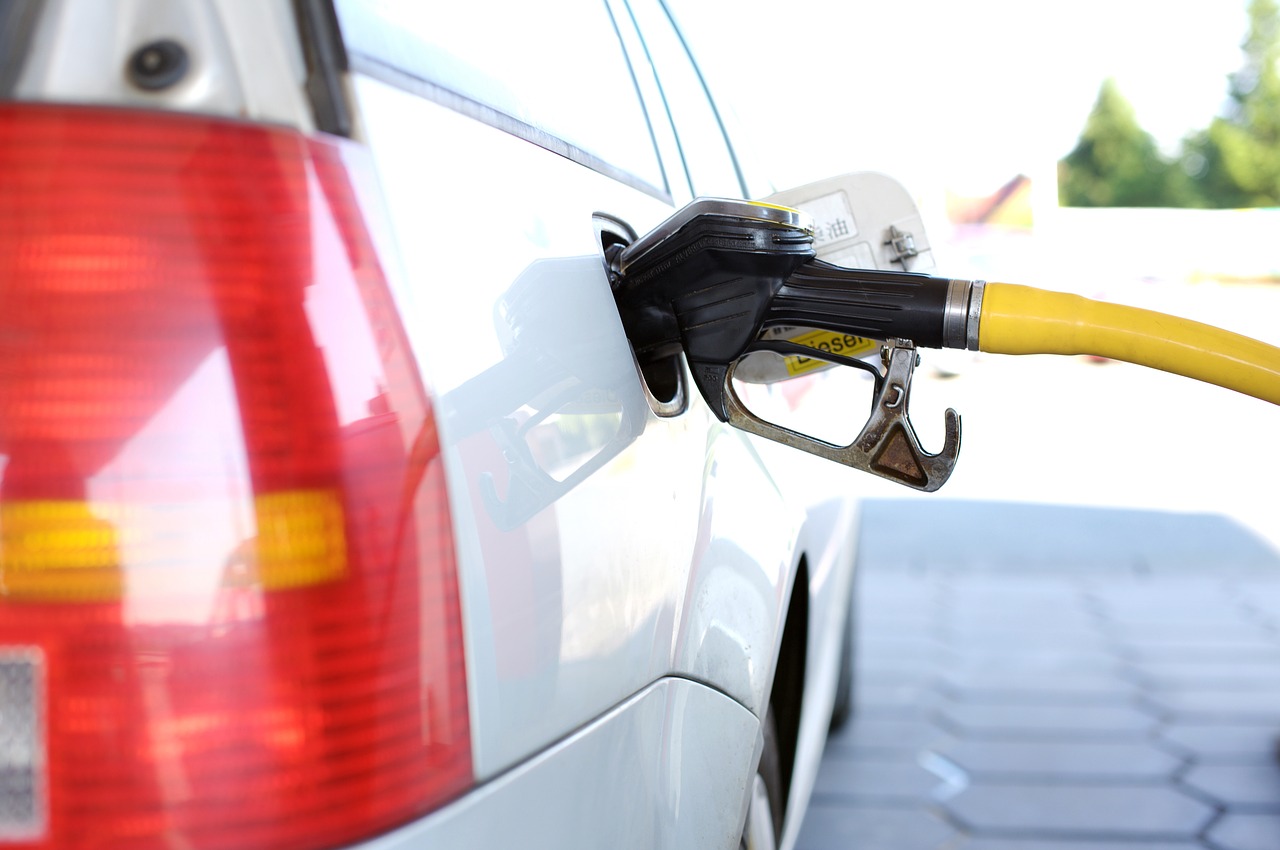Plans are now in place for E10 to replace petrol as the standard grade fuel at UK forecourts this year, but what is E10 fuel and are there any downsides for drivers? Read on for all you need to know:
What Is E10 Fuel?
While the unleaded fuel we’re familiar with contains around five per cent ethanol currently, E10 is a biofuel comprised of 90 per cent regular unleaded petrol and 10 per cent ethanol, which is where the name “E10” is derived from.
Why Is It Being Launched?
Alcohol-based ethanol is a fuel produced by fermenting plants, like grains and sugarcane, as well as their by-products like waste wood. What makes ethanol fuel different from unleaded petrol is that research suggests that it is carbon neutral atmospherically. This reasoning is because when the plants that will be used to produce biofuel grow, they absorb a larger amount of carbon dioxide than the amount that is released into our atmosphere during fuel production and later combustion.
These reasons make E10 the perfect choice for the eco-conscious driver looking to reduce their carbon footprint.
What Are The Downsides To Using E10 Fuel?
Unlike standard unleaded petrol, which can be used to fuel any petrol-engine vehicle without issues or any modifications, E10 fuel isn’t compatible with all cars.
As a rule, car owners who have registered their vehicle before 2002 are advised not to use E10 fuel in their vehicle. This guidance follows reports of issues in these older models. From 2011 onwards, however, all brand-new cars sold in the UK were required to be E10 fuel compatible.
Experts suggest that while if you use E10 fuel in an incompatible car, the vehicle will still run, it can have a negative effect over time. This may include damage to metals, plastics and seals caused by the fuel’s corrosive properties. In addition, the increased level of ethanol leads to an increase in moisture building up in all engines over time. This can lead to corrosion and ultimately component failure so, it is recommended that the fuel system is regularly cleaned using a product which will scavenge the moisture from the system.
When Will E10 Be Launched Here In The UK?
As part of The Government’s goal to reach net-zero by 2050, the eco-friendlier blend of petrol E10 fuel is expected to be available here in the UK in September 2021, with statistics suggesting it could cut CO2 emissions from transport by 750,000 tonnes each year. Adopting this greener fuel grade will effectively remove around 350,000 vehicles from the road here in the UK.
Whether you’re looking for a garage that will enhance your fuel-efficiency or reduce the impact your car has on the environment, or you wish to become a member contact the Green Garage Network today.
Image source: Pixabay

